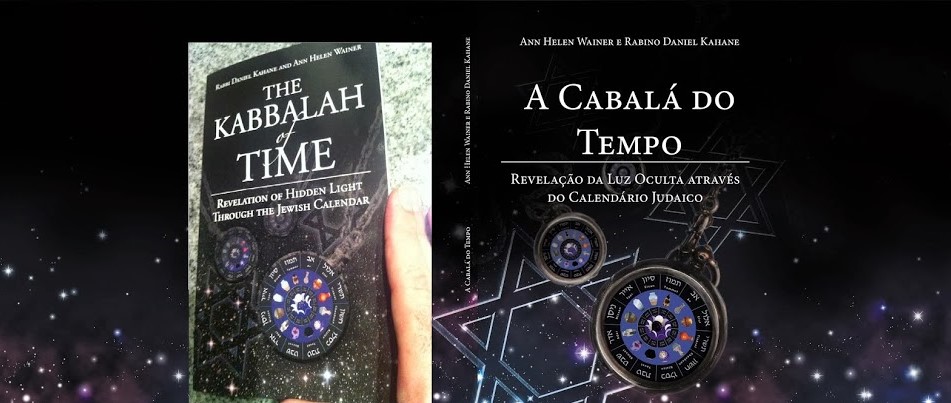SONG OF SONGS:
12. His eyes are like doves beside rivulets of water,
bathing in milk, fitly set.
13. His jaws are like a bed of spice, growths of
aromatic plants; his lips are [like] roses, dripping with flowing myrrh.
14. His hands are [like] wheels of gold, set with
chrysolite; his abdomen is [as] a block of ivory, overlaid with sapphires.
70 SOULS THAT DESCENDED TO EGYPT: Tola
TALMUD SHEVUOTH: Daf 25 - Oaths for the Past and Future
BOOK OF JEREMIAH: Chapter 25
Week 25 in
the Jewish calendar is the last week of Adar.
The verses of Shir HaShirim of this
week speak of various spices and aromatic plants, including myrrh, which Talmud
is a reference to Mordechai. Rashi explains
that the above verses are primarily a reference to the study halls of the Jewish
people and how there they clarify and uncover the mysteries of the Torah. Our
sages explain that it was the efforts of Mordechai and the Jews at the time to
strengthen the public study of Torah that led to our redemption. As also
mentioned previously, the month of Adar
is about Megillat Esther, uncovering
(Legalot) the hidden (Nistar).
Of the
seventy souls of the Jewish people that descended to Egypt, the twenty-fifth
mentioned is Tola. Tola is also later the name of one of the Judges, who was from
the Tribe of Issachar. Tola’s sons are mentioned in Chronicles (7:1), about
which Rashi has a fascinating comment:
And of the sons of Issachar: Tola,
and Puah, and Jashub, and Shimron: In the Pentateuch (Gen. 46:13) it is
written: “and Job.” Job was his name [originally], but since they settled
themselves (נִתְיַשְּׁבוּ) to learn Torah, as it is written (below 12: 33):
“And of the sons of Issachar, who possessed understanding of the times,” he
merited and was called Jashub (יָשוּב).
The role for
Tola appears very much related to Mordechai (who was the leader/judge during
the time of Purim) and the public study of Torah as described above.
Daf Kaf Heh (Folio 25) of Shvuot continues tod to it discuss different
laws related to oaths, and whether they can apply to the past as well as to the
future. Week 25 is the midway point of the “Counting of the Omer” of the weeks
of the entire year.
Chapter 25 of the Book of Jeremiah is
very much related to the above and the general themes of this month. The
chapter speaks of the importance of listening to the leader of the generation,
in this case the king, as well as to the prophets and to the words of Hashem
(the Torah). It also speaks much of drinking and getting drunk. It also
discusses future destructions of other peoples (related to the destruction of
Amalek). There is also a reference to Jerusalem, the levitical city related to
this week. (See Book 2)
3. From the thirteenth year of Josiah son of Amon,
king of Judah, until this day, these twenty- three years the word of the Lord
has come to me, and I spoke to you, arising early and speaking, but you did not
hearken.
4. And the Lord sent to you all His servants, the
prophets, sending them early, but you did not hearken and you did not incline
your ear[s] to listen. (…)
8. Therefore, so said the Lord of Hosts: Since you
have not hearkened to My words, (…)
15. For so said the Lord God of Israel to me; Take
this cup of the wine of fury from My hand, and you shall give it to all the
nations to whom I send you, to drink.
16. And they shall drink and reel to and fro and be like madmen because of the
sword that I am sending among them.
17. And I took
the cup from the hand of the Lord, and I gave it to all the nations to
whom the Lord had sent me, to drink.
(...)
26. And all the kings of the north, both near and far,
one after the other, and all the kingdoms of the earth that are upon the face
of the earth; and the king of Sheshach shall drink after them.
27. And you shall say to them: So said the Lord God of
Israel; Drink, become drunk, and
vomit, fall and you shall not rise, because of the sword that I am
sending among you.
28. And it shall be, if they refuse to take the cup from your hand to drink,
that you shall say to them: So said the Lord of Hosts: You shall surely drink.
